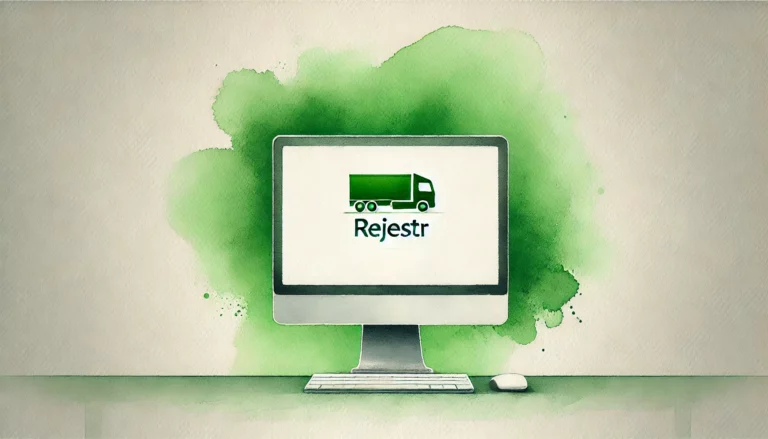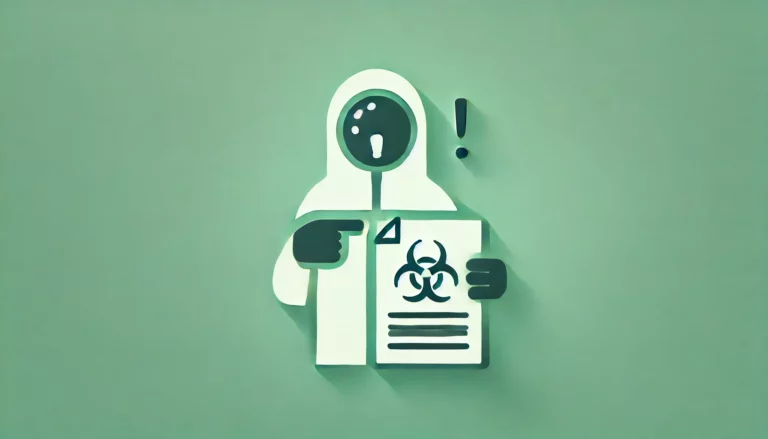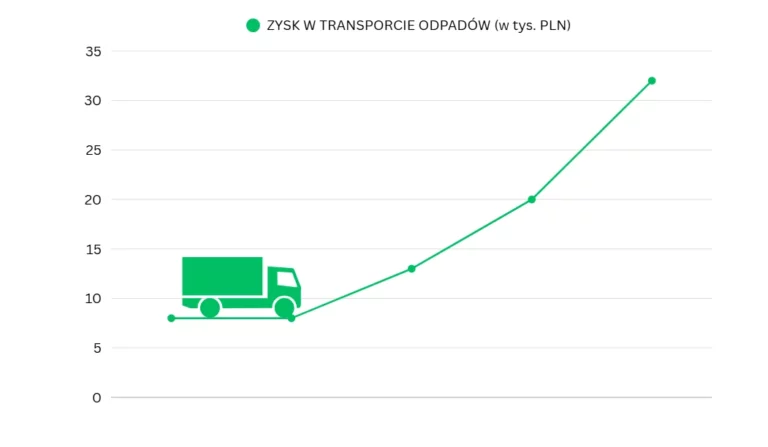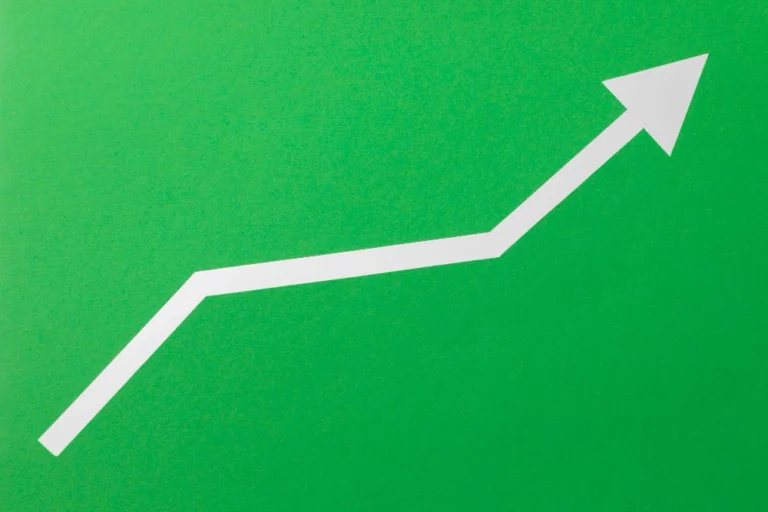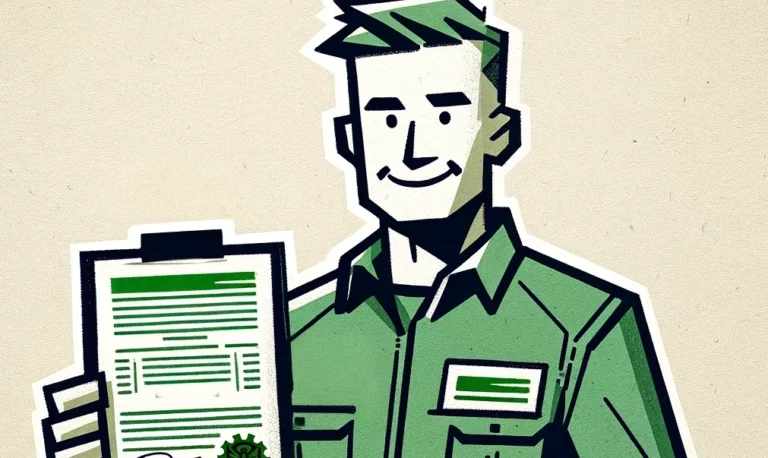From waste to energy: Tyre recycling in Poland and Europe
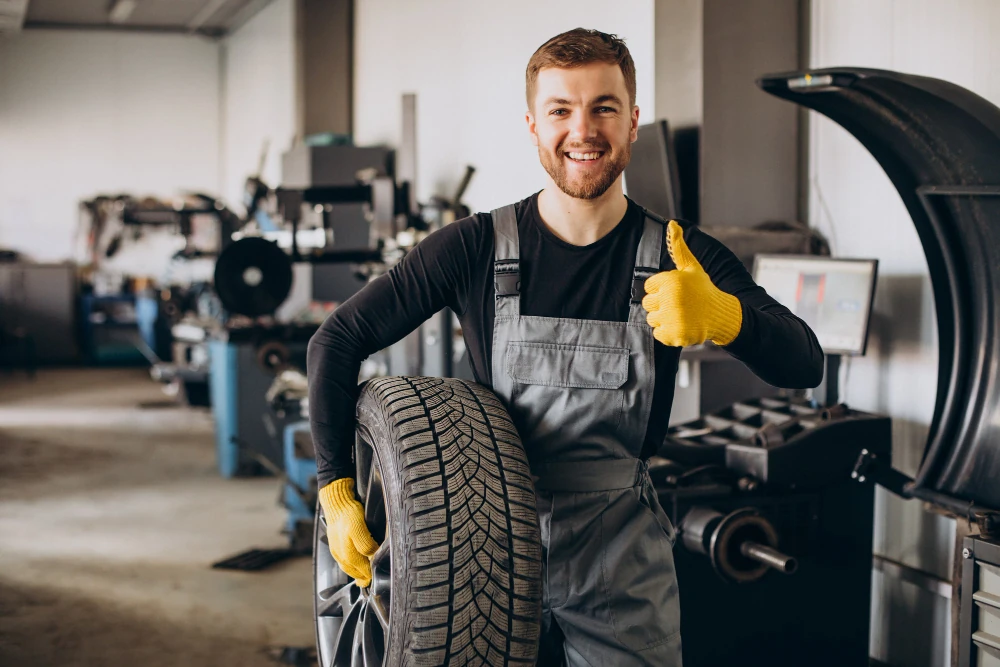
Recycling used tyres is difficult but necessary. All the more so as, according to statistics, nearly 300 million tonnes of this waste are dumped in the EU every year. Unfortunately, only less than 13% of it is recycled. How are we doing with tyre recycling and how do we compare with other EU countries?
What is tyre recycling?
Tyre recycling is the process of converting used tyres into materials that can be reused in manufacturing or as a source of energy. It is difficult to achieve because tyres are made of a mixture of rubber, textiles, metal and other additives. This means that they can take hundreds of years to decompose naturally. The recycling process reduces the amount of waste going to landfill and the need for virgin raw materials. Tyres can be recycled in a variety of ways:
- Mechanical recycling - involves shredding tyres into smaller particles that can be used in the manufacture of building materials, sports surfaces or playgrounds.
- Chemical recycling - in this process, tyres are broken down into individual chemical components that can be reused in the chemical industry.
- Energy recycling - involves using tyres as an alternative fuel source in cement plants or power stations.
Each of these methods has its advantages and disadvantages. However, they all seek to minimise the amount of tyre waste going to landfill and reduce its negative impact on the environment.
Tyre recycling in Poland - regulations
In Poland, tyre recycling is regulated by a number of laws that impose obligations on tyre manufacturers, importers and distributors. The most important regulations concerning this issue include the Waste Act and the Extended Producer Responsibility (ROP) regulations.
The 2012 Waste Act introduces waste management rules and imposes an obligation to separate and recycle waste. In the context of tyres, this means that companies involved in the sale or production of tyres must provide a system for the collection of used tyres and their appropriate processing.
The aforementioned Waste Act established the Waste Database, which collects information on waste generation, collection and processing in Poland. Every company that manages waste tyres (e.g. manufacturer, garage operator, recycler) must be registered in the BDO. It must also regularly report on waste produced and keep records of the weight of waste sent for recycling.
Extended Producer Responsibility
Extended Producer Responsibility (ROP) is a concept that makes tyre manufacturers and importers responsible for their products even at the end of their life. In practice, this means that companies must organise collection schemes for used tyres and cover the costs of processing or recycling them.
In Poland, the ROP system complies with EU regulations and imposes an obligation on entrepreneurs to achieve specific levels of recycling and recovery of tyres. These activities are monitored by environmental authorities. Companies that do not meet the requirements may face financial penalties.
Rules on recycling of waste tyres in EU countries
The European Union has introduced a number of regulations to harmonise tyre recycling activities across Member States. The most important piece of legislation in this area is the Waste Directive 2008/98/EC, which obliges EU countries to promote the recycling and recovery of waste, including tyres. This directive establishes the principles of a closed-loop economy, where waste is treated as a resource that can be reused.
However, each Member State has a certain degree of freedom in the implementation of the legislation. This leads to differences in the approach to tyre recycling between countries. Below are the tyre recycling regulations in selected EU countries.
The Waste Directive and its impact on tyre recycling
Directive 2008/98/EC sets out a waste hierarchy based on prevention, followed by recycling and energy recovery. In the context of tyres, EU countries are required to introduce legislation to promote tyre recycling and reduce landfilling. Tyres in most EU countries are not allowed to be landfilled, forcing the use of more advanced disposal methods.
Comparison of national legislation: Germany, France, Spain
- Germany: Germany has a strongly developed waste management system and tyre recycling is supported by strict regulations. Germany focuses on mechanical recycling, where used tyres are shredded and used in construction and road material production. There is also a strong emphasis on public education about the proper disposal of tyres.
- France: France has a system in place Aliapur, which is the national organisation for the collection and recycling of tyres. The legislation there requires manufacturers to finance tyre recycling processes. In turn, used tyres are mainly used in the energy and construction industries.
- Spain: Spain made tyre recycling compulsory as early as the 1990s and now operates a tyre collection and processing system through organisations SIGNUS Ecovalor. Spanish legislation requires manufacturers to collect used tyres from customers and process them, resulting in high recycling rates.
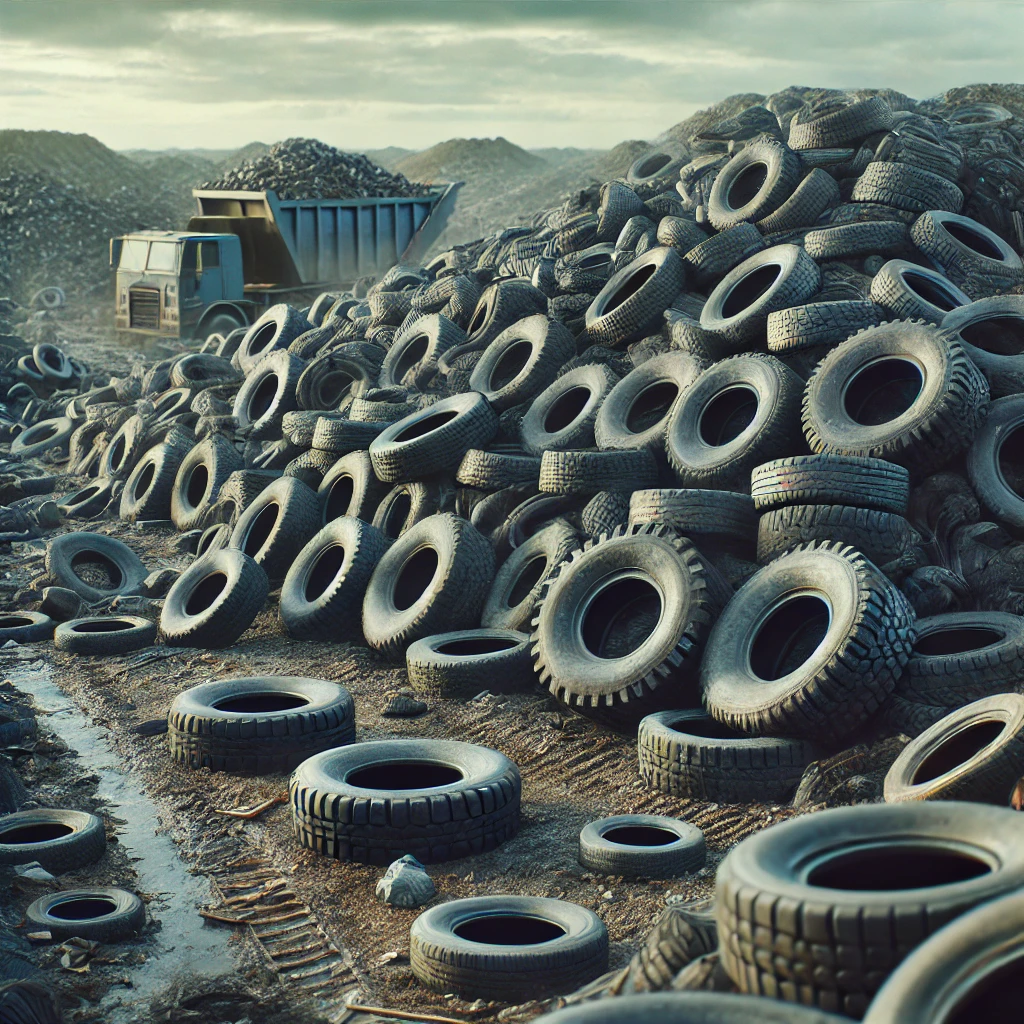
Waste tyre recycling - statistics
Poland
According to the CSO report "Road transport in Poland in 2018 and 2019", in Poland in 2018 alone, almost 275,000 tonnes of tyres were placed on the market and a recovery level of more than 76% was achieved. This represented slightly more than the accepted standard, which is 75%. In contrast, almost 40% of waste tyres were recycled. This is almost three times the standard set at 15% under the Laws 11 May 2001.
The oponeo.pl service notes that in subsequent years have seen an upward trendwith the volumes of tyres placed on the market oscillating between 280,000 and 350,000 tonnes. The main reasons for this increase are the growing environmental awareness as well as the obligation for companies to report their waste management activities in the BDO system.
European Union
A handful of facts
According to a report by the European Tyre and Rubber Manufacturers Association (ETRMA), 94% of the waste tyres collected across the EU in 2019 were recycled for material and energy recovery.
In the first case, used tyres are shredded into smaller pieces and various materials such as rubber, steel or textile fibres are extracted from them. These materials can then be used to make new ones, such as sports pitch surfaces, rubber mats or even new tyres. In this way, the raw materials do not go to waste and can be used again in various forms.
In the second case, the used tyres are burnt to generate energy, for example in the form of heat or electricity. Instead of treating tyres as waste that needs to be landfilled, they are used as fuel. When tyres are burnt, energy is released that can power power stations, heating plants or other industrial plants. This is a way of obtaining energy benefits from waste that would otherwise have no use value. This reduces the use of traditional fuels such as coal or gas.
Recycling leaders
Citing ETRMA data, Germany, France and Spain accounted for the largest share of tyre recycling. They are recording a steady growth in the number of recycled waste. Mainly due to the introduction of advanced technologies and effective legal systems that make manufacturers and retailers responsible for the processing of these materials.
Germany generated 434,000 tonnes of waste tyres in 2019. At that time, 295,000 tonnes were recycled, while the rest was sent for energy recovery. This means that 100% of this waste was managed. The French, on the other hand, generated more than 320TP3T of waste tyres, recycled almost 140TP3T of this waste and converted almost 170TP3T into energy. In this way, 98% of waste found a new use. In the case of Spain, the figures are also impressive. Of the almost 240,000 tonnes of waste tyres, almost 160,000 tonnes were recycled and almost 80,000 became a source of energy for other industries. Thus, like Germany, the Spanish were also able to boast 100% use of this type of material.
Use of recycled tyres
Tyre recycling opens up many opportunities for the re-use of rubber materials. In Europe and Poland, recycled tyres go mainly into two sectors: the construction industry and the energy sector.
- Construction industry: Many companies use rubber from tyres to produce construction materials such as road surfaces, sound insulation and railway sleepers.
- Energetics: Tyres can also be used as an alternative fuel in cement and CHP plants. Due to their high energy content, tyres are a valuable source of raw materials for heat and energy production.
Environmental and economic benefits of tyre recycling
Tyre recycling has numerous benefits, both environmental and economic. First of all, it reduces the amount of waste going to landfill, which helps to protect the environment. In addition, recycling contributes to reducing CO₂ emissions. This is because it reduces the need for primary raw materials and the energy required to produce new materials.
From an economic point of view, tyre recycling generates new jobs in the waste management sector. It also supports the development of innovative technologies that can be applied to various industries.
Challenges facing tyre recycling in Poland and Europe
Although tyre recycling is growing rapidly, there are still many challenges. The cost-effectiveness of this process is one of the biggest problems, as the costs of recycling often exceed the profits from the recovered materials. In Poland, an additional challenge is also the low level of consumer awareness about the proper handling of used tyres. This leads to their illegal storage.
In Europe, countries such as Germany and Spain have well-developed tyre recycling systems. However, other countries, especially in central and eastern Europe, are still struggling with insufficient infrastructure and inefficient tyre collection and processing systems.
Tyre recycling - where to find a haulier?
In a previous article, we have already written about what the to pay attention when choosing a carrier for waste transport. As tyre recycling is growing in importance year on year, finding a reliable company to deliver the materials to the right facility is very important. A haulier with the necessary permits, extensive knowledge and experience will guarantee that the recovery or recycling will run smoothly. Where to find such a haulier?
We encourage you to visit odpadytransport.co.uk or wastelicencecheck.comwhich brings together hundreds of waste transport specialists. Are you interested in delivery from Poland to Germany? Or is your client looking for a colleague on routes from Finland to Italy? On the aforementioned websites, you will quickly and easily find a haulier that meets your needs. This is because they have been created in cooperation with waste producers and recyclers who, like you, have had problems finding a good haulier.
Find out how easy it is - and without the need for transport exchanges.

